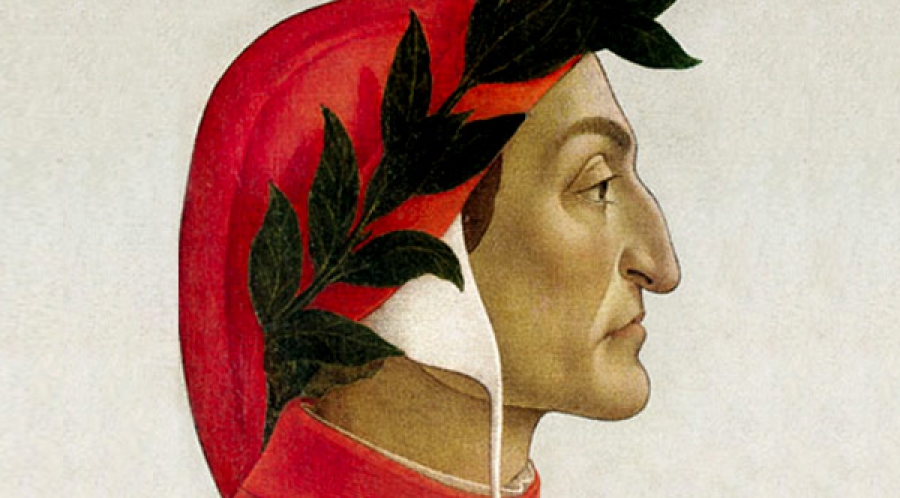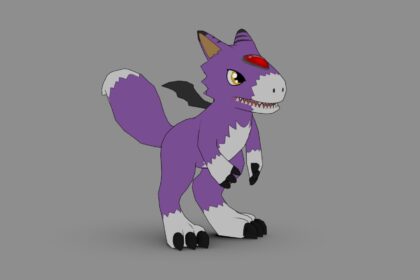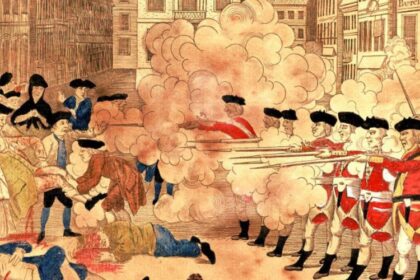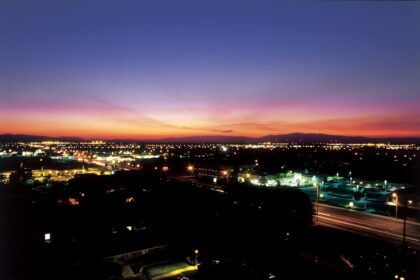Durante degli Alighieri, better known as Dante Alighieri, was a major Italian poet of the Late Middle Ages. His Divine Comedy, originally called Comedia, and later christened Divina by Giovanni Boccaccio, is widely considered the most important poem of the Middle Ages and the greatest literary work in the Italian language. Take a look below for 30 more interesting and awesome facts about Dante Alighieri.
1. Dante would write int he Tuscan dialect for works such as The New Life and the Divine Comedy.
2. He was instrumental in establishing the literature of Italy, and his depictions of Hell, Purgatory, and Heaven provided inspiration for the larger body of Western art.
3. Dante is cited as an influence on John Milton, Geoffrey Chaucer and Alfred Tennyson, among many others.
4. The first use of the interlocking three-line rhyme scheme, or the terza rima, is attributed to Dante.
5. In Italy, Dante is often referred to as il Sommo Poeta, or the Supreme Poet.

6. His true love was Beatrice Portinari, and she was mentioned in several of Dante’s sonnets and influenced his writing.
7. Dante and Gemma had four children together during their marriage, including Jacopo, Pietro, Giovanni and Antonia.
8. When he was 18 years old, he met four people who would form, along with himself, the leaders of dolce stil novo, which was the most notable literary movement in Italy during the 13th century. These other four people were Guido Cavalcanti, Lepo Gianni, Cino de Pistoia, and Brunetto Latini.
9. Dante became a pharmacist in order o help further his political career. He couldn’t become a member of public office without holding such a position.
10. When Beatrice died in 1290, Dante was heartbroken.
11. In 1302, Dante was exiled from Florence for life by the Black Guelphs, which were the political leaders at the time.
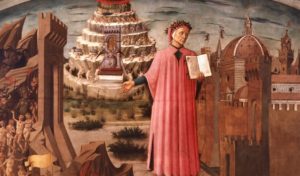
12. While in exile, Dante traveled. During his travels, he wrote several works, including The Eloquent Vernacular, which was an attempt to unify the Italian territories through aspects of every Italian spoken dialect to establish the language as a serious literary language. Despite not finishing the work, it was still influential in the purpose it was intended.
13. Dante lived in Bologna for a few years until Florentine exiles were banished and he moved on to Padua. The next few years of his life are undocumented.
14. Dante wrote a diatribe against the members of the Florentine government in approximately 1308 and was permanently exiled from Florence.
15. Following his permanent exile, Dante wrote The Divine Comedy. It was an epic three-part poem that he began writing in 1308 and completed in 1321.
16. He was invited to Ravenna in 1318 by Prince Guido Novello de Polenta, after learning he would never be allowed back in Florence. There, he finished the final third of The Divine Comedy – Paradiso, in 1321.
17. Dante died on the way back to Ravenna from Venice in 1321, at the age of 56. It was believed that he had contracted malaria in Venice.
18. The first formal biography of Dante was the Vita di Dante, written after 1348 by Giovanni Boccaccio.
19. Florence eventually came to regret Dante’s exile, and the city made repeated requests for the return of his remains.
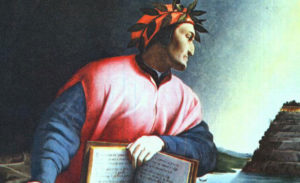
20. A tomb was built for him in Florence in 1829, in the Basilica of Santa Croce. That tomb has been empty ever since, with Dante’s body remaining in Ravenna.
21. The front of his tomb in Florence reads Onorate l’altissimo poeta, which translates as “Honor the most exalted poet.”
22. Italy’s first dreadnought battleship was completed in 1913 and named Dante Alighieri in honor of him.
23. On April 30, 1921, in honor of the 600th anniversary of Dante’s death, Pope Benedict XV promulgated an encyclical named In praeclara summorum, calling him one, “of the many celebrated geniuses of whom the Catholic faith can boast” and the “pride and glory of humanity.”
24. In 2007, a reconstruction of Dante’s face was undertaken in a collaborative project.
25. In 2008, the Municipality of Florence officially apologized for expelling Dante 700 years earlier.
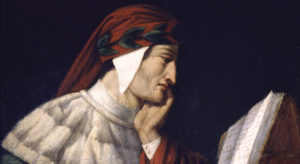
26. A celebration was held in 2015 for the 750th anniversary of his birth.
27. Not much is known about Dante’s education. He presumably studied at home or in a chapter school attached to a church or monastery in Florence.
28. It’s known that he studied Tuscan poetry and that he admired the compositions of the Bolognese poet Guido Guinizelli.
29. Dante said that he first met Beatrice Portinari, daughter of Folco Portinari, at the age of nine, and claimed to have fallen in love with her “at first sight,” apparently without even talking to her.
30. He saw Beatrice frequently after the age of 18, often exchanging greetings in the street, but never knew her well.

